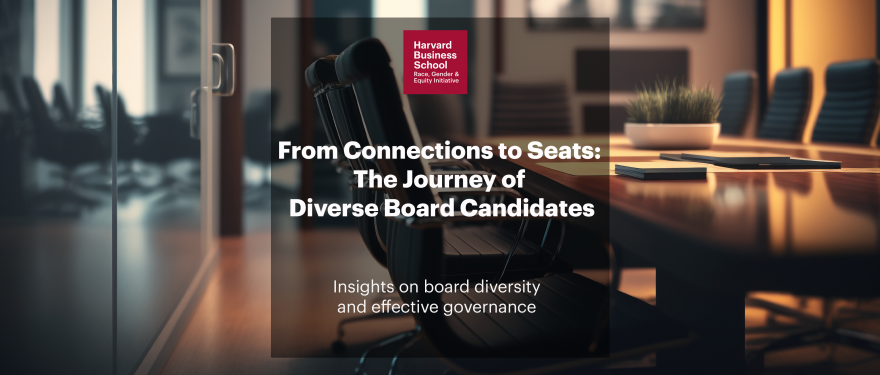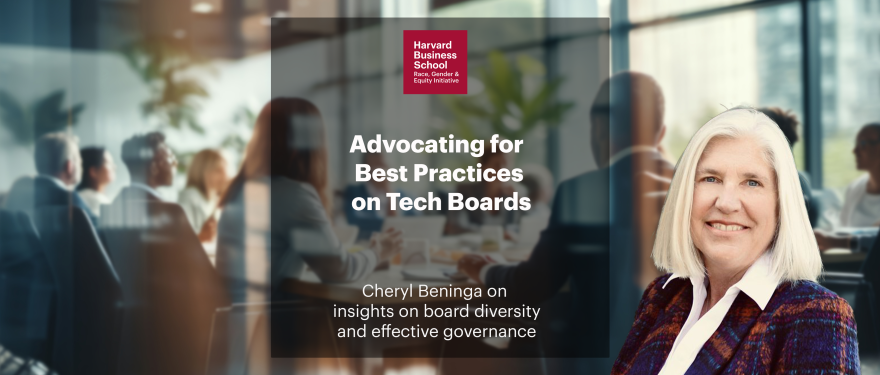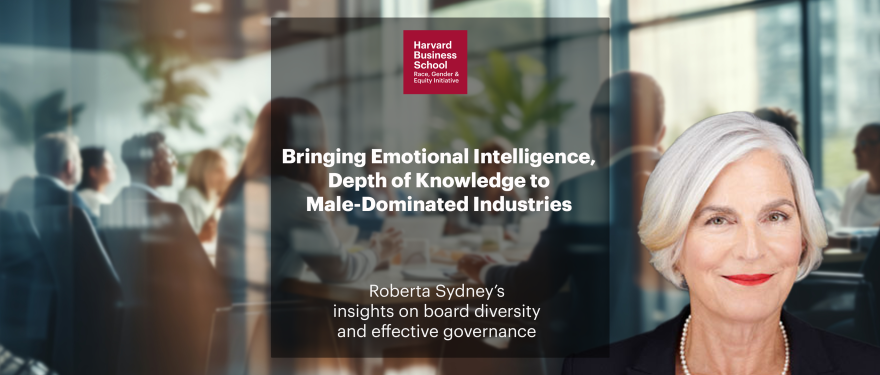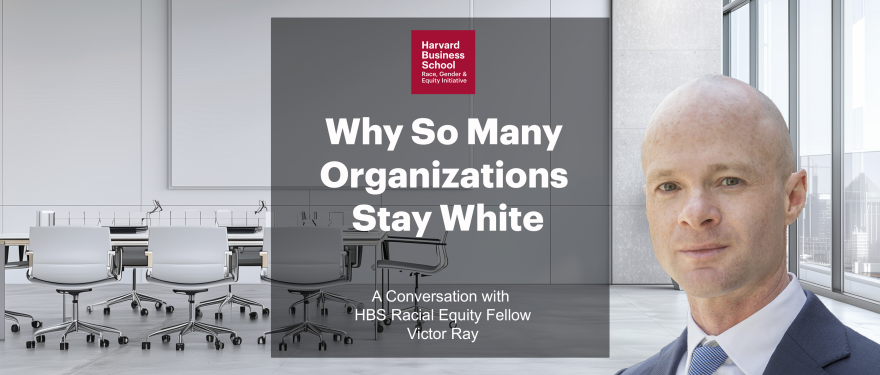Race, Gender and Equity at Work
Race, Gender and Equity at Work
The process of appointing powerful board directors has been put into the spotlight in recent years, as companies, courts, governments, investors and even a stock exchange weigh in. For the most part, they’re proposing and implementing changes to bring the process into the open and hold boards more accountable for who serves on them.
This period of transition may mark the beginning of a new era that’s defined by accountability and inclusivity in the highest levels of authority.
Colleen Ammerman, director of the Race, Gender and Equity Initiative at Harvard Business School, said she is seeing a “significant shift” in the appetite for change. [...]
Securing a first seat on a corporate board can feel like climbing a mountain. Competition is fierce, and the search process can be opaque, often favoring certain groups (white men who are current or former CEOs) and excluding others (women, people of color, and other executives who bring a different set of professional experiences).
This pattern perpetuates the status quo, especially when current directors continue to draw candidates solely from their own networks. As a result, the barrier to entry remains high for those who don't fit the traditional mold or lack access to these circles.
A whole crop of diverse networking groups such as Harvard Business School’s Board Diversity Network has sprung up to help. [...]
Cheryl Beninga waved her cell phone to sum up the impact she’s had as a board member and investor in the technology world. The GPS on that phone? She helped make that possible. The gaming? Check. The Bluetooth? That too.
Beninga was in the marketing department at Intel Corp. in the late 1990s when she realized her product was headed for trouble. The company didn’t have the graphics capability that her overdrive upgrade processor needed. Pinpointing the problem was easier than persuading someone to listen. Eventually, she said, Intel realized that the problem affected not only her product but also the entire company, and they dispatched her to buy a graphics company. Then, Intel’s investment team snapped her up. [...]
During a business meeting full of men, Roberta Sydney was not shy about setting them straight, especially when they assumed she was there to get coffee and take notes. It was her name on the door of the real estate development company, she firmly explained.
“There are always opportunities to be miscast when you look different than people expect,” she said.
Her directness, combined with compassion and a willingness to work on learning skills such as board leadership, has helped her succeed in not one, but two male-dominated industries: financial services and real estate/construction. [...]
We’re thrilled to welcome the incoming Institute for Business in Global Society (BiGS) Racial Equity Fellow **Victor Ray**. Victor Ray is the F. Wendell Miller Associate Professor at the University of Iowa. He has built a strong body of scholarship on topics of race in organizations, and how social constructs of race are replicated in the workplace. Professor Ray has also presented at our Race, Gender, and Equity Symposium in past years, including his stirring [2022 presentation on racialized organizations](https://youtu.be/QOsL2O2ZGEA?si=TH3A_6WyGvi10a_r).
We asked Professor Ray about his background, his current research, and his upcoming year at HBS. Read on to learn more about his work. [...]
Load More Loading...





